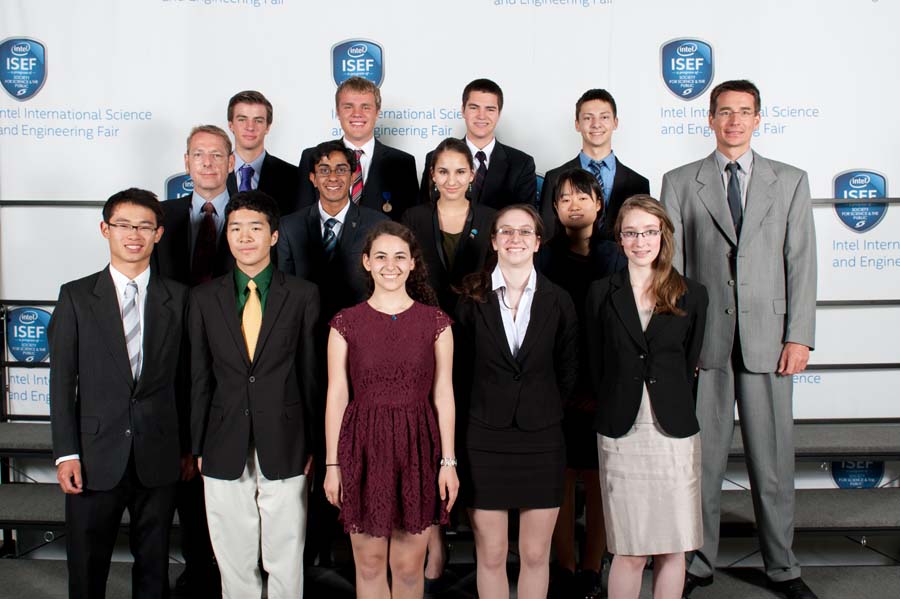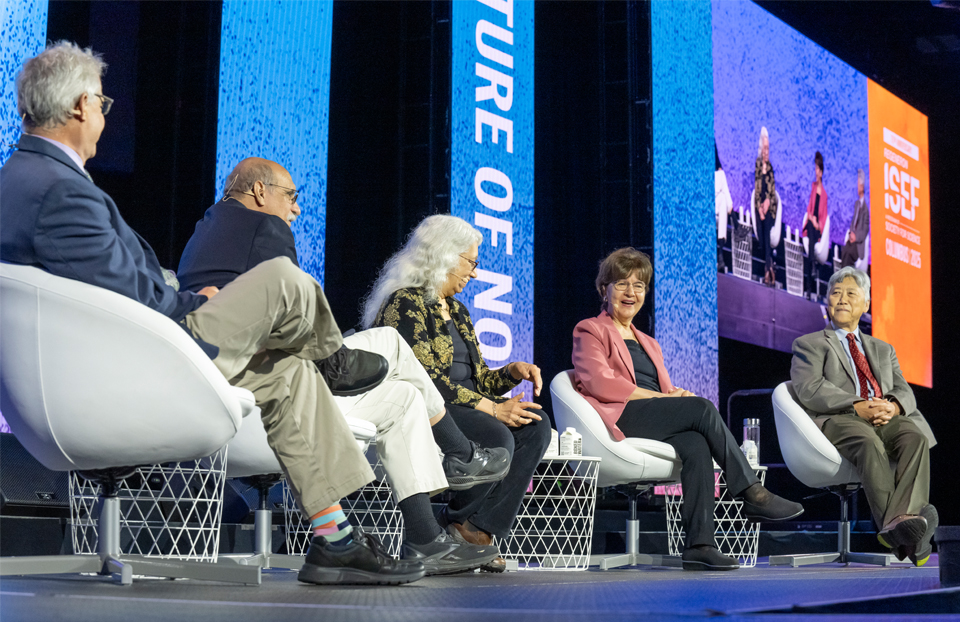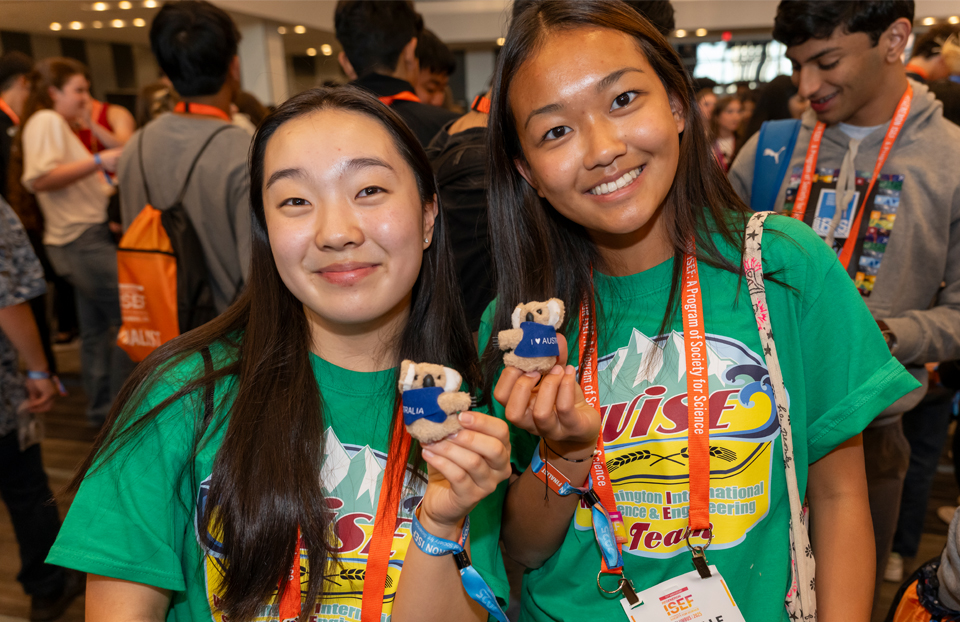Intel ISEF CERN Special Award Winners Share Their Experience

On June 23, twelve Intel ISEF CERN special award winners started their week filled with outings and educational challenges in the Swiss research haven. The students got to meet top CERN staff members and hear from lead researchers working in a variety of disciplines. The program took the students on visits to castles and chateaus, on walks around scenic lakes, and even included some mini-golf and swimming action.
“Tea is good, coffee is even better, but CERN is simply awesome,” said Michaela Brchnelova of Slovakia, a young supernova researcher.
Other students shared similar sentiments to Brchnelova’s concise quip.
“CERN was fantastic and was represented well by the staff. We saw incredible science in an incredible country. Like the Big Bang, it was a blast,” said Jason Syndergaard of Utah. Syndergaard was excited to come to CERN to learn more about particle physics, a subject that relates to his project on nuclear fusion using a pyroelectric crystal particle accelerator.
“At CERN, I learned about antimatter collisions. En ville, I demonstrated antipasti collisions,” said Anand Srinivasan of Georgia. The science and food combo of the trip was enjoyable for Srinivasan, who won the experience for his eukaryotic gene finding research.
“The ISEF CERN prize was one of the best experiences of my life. Experiencing the world-renowned facilities and the Swiss/French areas was exciting and left lasting impacts on us,” said Kentucky-native Allen Jiang. “Whether laughing with other students, asking researchers ‘one last question’ for our diverse intellectual backgrounds and interests, or trading tongues while drinking Orangina at Geneva Lake, the CERN experience is unique and memorable, from the first mountain to the last lecture. I am so glad to have been able to come all over CERN.” Jiang won the CERN trip for his research on using spectrophotometry technology in mobile phones.
“I stood at CERN, the frontier of knowledge, and opened my eyes for the first time,” said award-winner William Hang of California. Quite a bold statement for the 16 year old researcher who created a prototype to use artificial intelligence and computer vision to improve diagnosis possibilities for prostate and breast cancers.
The experience was special for many of these students because they got to share it with peers just as intrigued by the wide world of science and research.
“CERN was absolutely fantastic. I am so happy I got the chance to experience the country, culture, and experiments! Most of all, I enjoyed meeting the people and learning from others. I learned a lot talking to both the students and CERN people,” said Gili Rusak, a New York finalist. Rusak is the developer of Codester, a computer science teaching tool geared towards earlier exposure of the field to elementary school students.
Mie Yamanaka of Japan agreed, “It was a great opportunity for me to visit CERN. It was a fantastic thing for me to meet people from many countries. Everyone was so nice and I enjoyed the trip very much. I also learned many things at CERN. This trip is a lifetime treasure for me.” Yamanaka’s research on developing environmentally benign energy sources was spurred by Japan’s Fukushima nuclear power plant disaster.
“The curiosity that CERN encompasses is on the verge of science fiction,” said California’s Jared Tramontano, whose project focusing on the development of new artificial intelligence techniques for biomedical image analysis once might have been considered in the realm of science fiction curiosity itself.


